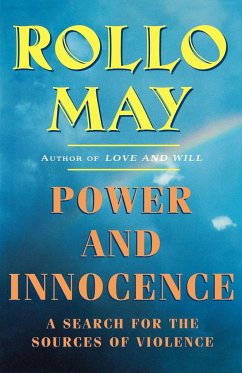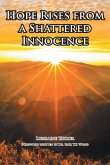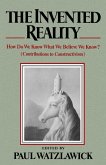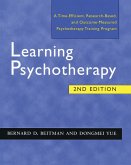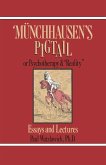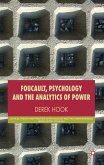Rollo May defines power as the ability to cause or prevent change; innocence, on the other hand, is the conscious divesting of one's power to make it seem a virtuea form of powerlessness that Dr. May sees as particularly American in nature. From these basic concepts he suggests a new ethic that sees power as the basis for both human goodness and evil. Dr. May discusses five levels of power's potential in each of us: the infant's power to be; self-affirmation, the ability to survive with self-esteem; self-assertion, which develops when self-affirmation is blocked; aggression, a reaction to thwarted assertion; and, finally, violence, when reason and persuasion are ineffective.
Hinweis: Dieser Artikel kann nur an eine deutsche Lieferadresse ausgeliefert werden.
Hinweis: Dieser Artikel kann nur an eine deutsche Lieferadresse ausgeliefert werden.

